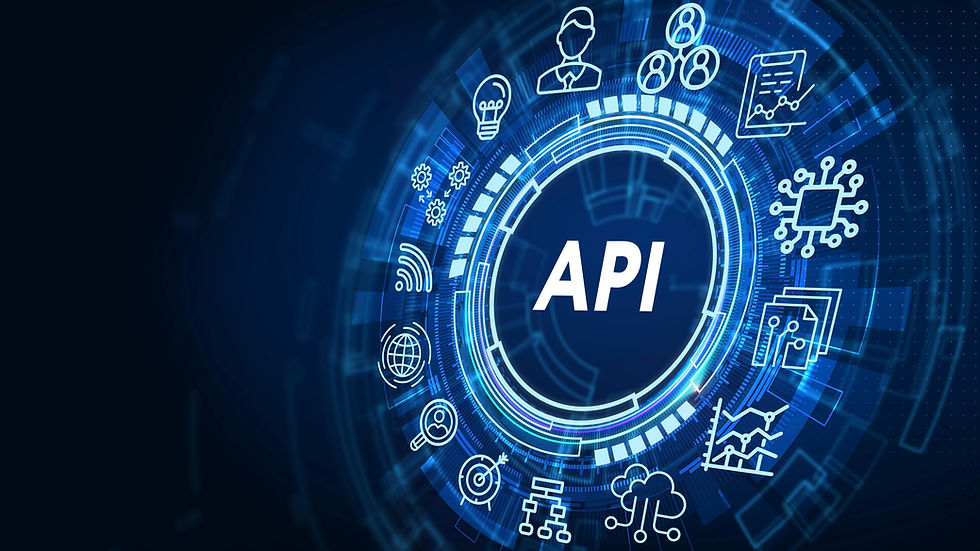Safeguarding Privacy: A Global Perspective on Privacy-Enhancing Technologies and Regulatory Compliance
- Jayesh Kenaudekar
- Jan 11, 2024
- 2 min read
Updated: Jun 14, 2024
In an era where data is hailed as the new oil, concerns about privacy have become paramount. With an increasing number of data breaches and growing awareness about the importance of safeguarding personal information, governments worldwide are implementing stringent data protection regulations. Privacy-enhancing technologies (PETs) have emerged as powerful tools to strike a balance between innovation and privacy, enabling businesses to thrive while respecting individuals' right to data protection.
Understanding Privacy-Enhancing Technologies
Privacy-enhancing technologies encompass a range of tools designed to protect users' privacy while still allowing the extraction of valuable insights from data. Some key PETs include:
1. Federated Learning:
How it works: Federated Learning allows machine learning models to be trained across decentralized devices without exchanging raw data.
Regulatory Compliance: This technology aligns with regulations like the European Union's General Data Protection Regulation (GDPR), as it minimizes the need for centralized storage of sensitive information.
2. Secure Multi-Party Computation (SMPC):
How it works: SMPC enables parties to jointly compute a function over their inputs while keeping those inputs private.
Regulatory Compliance: By preventing the exposure of individual data during computation, SMPC aligns with data protection laws worldwide, ensuring the confidentiality and integrity of sensitive information.
3. Homomorphic Encryption (HE):
How it works: HE allows computations to be performed on encrypted data without decrypting it, preserving privacy.
Regulatory Compliance: HE helps organizations comply with data regulations by ensuring that even during data processing, the information remains encrypted and secure.
4. Zero-Knowledge Proofs (ZKPs):
How it works: ZKPs allow one party (the prover) to prove the knowledge of a specific piece of information to another party (the verifier) without revealing the actual data.
Regulatory Compliance: ZKPs enhance compliance with regulations by enabling verification without exposing sensitive information, aligning with the principle of data minimization.
Navigating Global Regulations
1. GDPR (European Union):
PETs like Federated Learning and SMPC align with GDPR principles, ensuring data processing transparency, purpose limitation, and data minimization.
2. CCPA (California Consumer Privacy Act):
The Californian law, CCPA, emphasizes the right to opt-out of the sale of personal information. PETs like Federated Learning and HE enable businesses to respect these preferences without compromising their analytical capabilities.
3. LGPD (Brazilian General Data Protection Law):
Brazil's LGPD emphasizes the need for data processing transparency and user consent. PETs, especially ZKPs, can help organizations adhere to these requirements by proving compliance without exposing sensitive details.
4. Personal Data Protection Bill (India):
As India drafts its Personal Data Protection Bill, incorporating PETs into data processing practices will be crucial to align with the proposed regulations.
The Future of Privacy
Privacy-enhancing technologies are not just tools for regulatory compliance; they represent a fundamental shift towards a privacy-centric approach to data management. As the world becomes more connected, and data continues to be a driving force in innovation, PETs offer a way to balance progress with the protection of individual privacy.
In conclusion, the adoption of privacy-enhancing technologies such as Federated Learning, SMPC, HE, and ZKPs provides organizations with the means to innovate responsibly and stay ahead of the regulatory curve. By embracing these tools, businesses can build trust with consumers, foster a culture of privacy, and navigate the evolving landscape of data protection regulations worldwide. The future of data is not about relinquishing control but about empowering individuals and organizations to thrive in a privacy-first world.




Before uploading photos to social media or websites, it's a good idea to remove Exif data from photos in seconds to protect your privacy. This hidden information can reveal when and where a photo was taken, and with what equipment. Online metadata removers offer a simple solution: you upload your image, the tool strips the EXIF data, and you download the cleaned version. This is especially important if you're sharing photos of your home, children, or any situation where location privacy is a concern. It’s a simple step for better online safety.